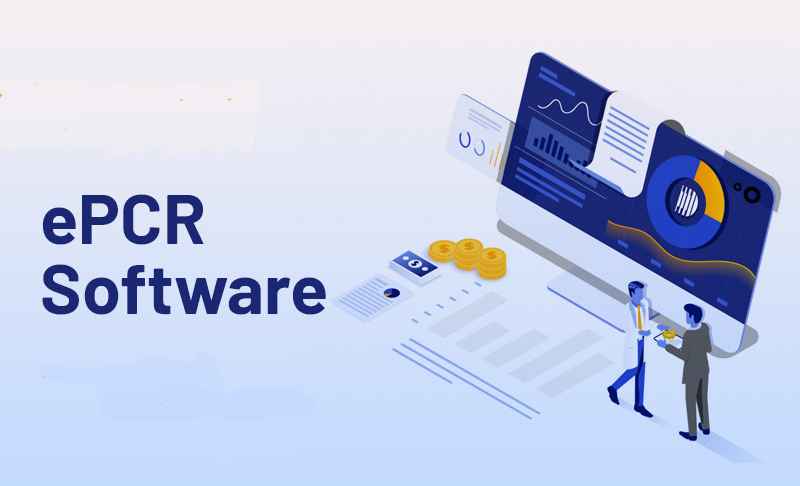5 Advantages EPCR Software Offers First Responders

In the world of emergency services, technology is a crucial ally. One such innovation that has revolutionized this field is EPCR (Electronic Patient Care Reporting) software. This tool streamlines the collection and management of patient information and provides numerous benefits to first responders and the healthcare system.
This blog post explores the top five benefits of EPCR software for first responders. Read on to find out all the details.
Table of Contents
1: Administrative control
EPCR software provides a centralized platform for data management, significantly improving administrative oversight. First responders can quickly enter patient information and administrators can access this information in real time.
This instant access to critical information allows administrators to make timely and informed decisions to improve the quality of patient care. Additionally, EPCR software reduces the risk of errors associated with manual data entry and ensures that patient records are accurate and up-to-date.
2: EPCR and NFIRS Reports
Compliance with reporting standards is an essential aspect of emergency medical care. EPCR software simplifies the creation and submission of reports, including National Fire Incident Reporting System (NFIRS) reports.
With built-in templates and automated data entry, stakeholders can create reports efficiently, saving valuable time that can be used for patient care. Additionally, the software’s ability to track and analyze data helps identify trends and areas for improvement.
3: Cloud distribution
Another important advantage of EPCR software is its cloud dispatch functionality. This allows emergency responders to receive real-time updates on emergency incidents directly on their devices, allowing them to respond more quickly.
Additionally, the software’s GPS tracking capabilities ensure that responders are directed to the most efficient routes, reducing response times. The cloud-based nature of the software also means that the data can be accessed from anywhere, providing flexibility and convenience.
4: Invoicing software
EPCR software often includes integrated billing that streamlines billing and payment processes. By automatically calculating fees based on the services provided, the risk of billing errors is significantly reduced.
Furthermore, this feature ensures healthcare providers are fairly compensated for their services and reduces administrative burdens, allowing first responders to focus on their primary mission: patient care.
5: Personal management
Finally, EPCR software enables effective personnel management. It allows administrators to track responder availability and plan shifts. Accordingly to ensure there are always enough staff available to respond to emergencies. Additionally, the software can monitor responders’ training and certification status, helping to maintain high standards of care. Improve your emergency response: Understand the potential of EPCR software
Conclusion
EPCR software is a valuable tool for first responders. Improving administrative oversight, simplifying reporting, enabling cloud shipping, integrating billing software, and facilitating human resource management increases efficiency and effectiveness emergency medical services. Furthermore, as technology continues to evolve, we can expect EPCR software to bring even more benefits in the future.
Remember that the effectiveness of any EPCR software lies in its proper use. Training staff on their roles and ensuring they are regularly updated will help maximize their potential and ultimately improve patient care outcomes. By using this technology, first responders can improve their service delivery and contribute to a more responsive and efficient healthcare system. We hope you found this information useful and appreciate you taking the time to read it.
ALSO READ: Things to Consider while picking the Best Night Vision Monocular




